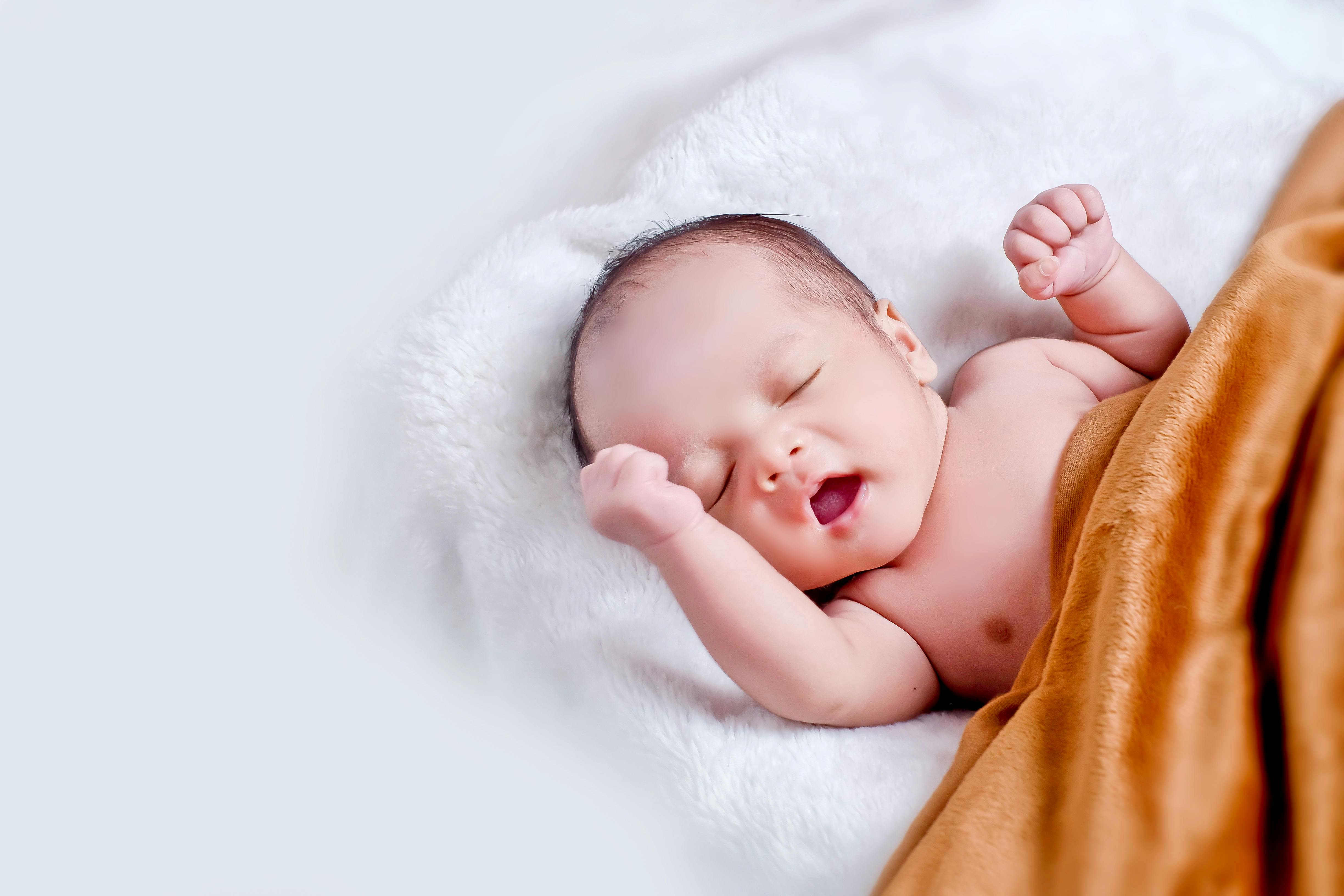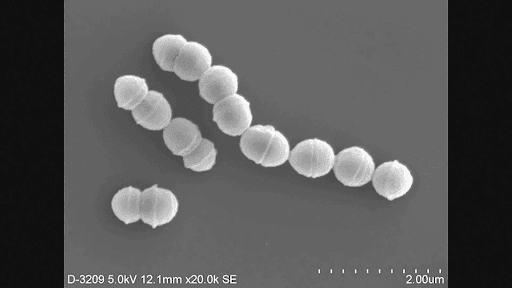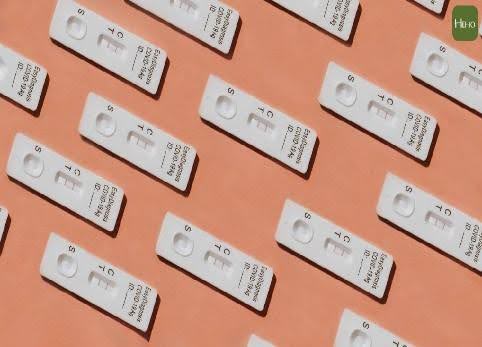Caring for a baby is tough enough — add sustainable shopping practices into the mix and you may just feel too overwhelmed to make a single decision. Luckily, shopping for baby essentials that are kind to both your newborn and the planet is super simple, as long as you know what to look for.
“For packaging, you want to find companies that use biodegradable, compostable or reusable materials,” says Dr. Krupa Playforth, founder of The Pediatrician Mom. She says that although single-use plastic may be unavoidable for some items, minimizing single-use plastic in either packaging or the product itself is ideal. When shopping, she recommends buying from companies that are transparent about their processing and policies and that favor safe, ethical and fair working practices for their workers. “Shopping locally is another bonus,” says Erin Rhoads, a sustainability expert and author of “Waste Not: Make a Big Difference by Throwing Away Less.” “I also try to choose items that can be repaired easily too.”
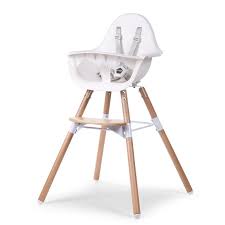
Babies outgrow their high chairs notoriously quickly, so this option designed for use from 6 to 36 months old with a removable harness makes for a sustainable, long-lasting option./Baby Plus
Materials worth considering include bamboo and organic cotton for clothing and bedding, and for both cloth and disposable diapers, according to Dr. Sandra Bonat, pediatric physician director at VIP StarNetwork. Opt for glass or stainless steel bottles over plastic bottles, and sustainably sourced and natural wood for the likes of cribs and furniture. Silicone is another green and reusable material alternative for plastics. For skin care and bathing products, Bonat recommends natural oils like avocado, coconut and calendula as well as organic and plant-based ingredients such as chamomile, aloe and shea butter.
Thanks to our collective increasing understanding of the way overproduction harms our planet and our bodies, brands are making it easier than ever for us to identify sustainable products — including baby essentials. While Rhoads says “a good sustainable business will have clear information on how their goods are packaged,” she recommends shooting the brand a quick email if you’re unsure about its packaging “and suggest they display this information on their website. Let them know too much plastic packaging has a burden on the environment both during production and its end of life with most of it never recycled.”
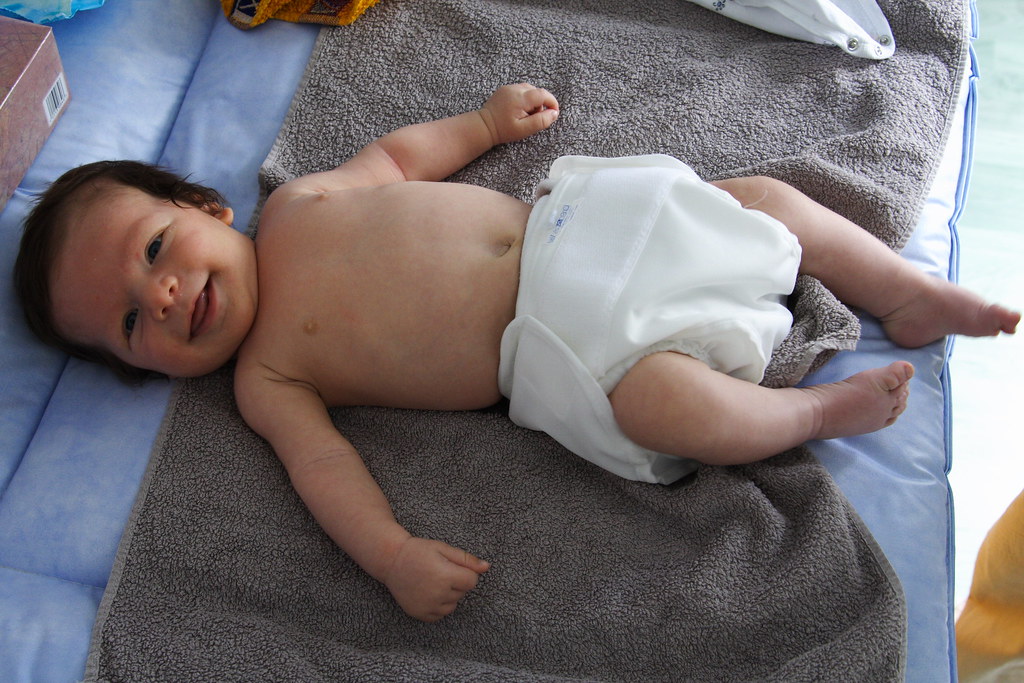
For a highly absorbent, hypoallergenic disposable diaper that won’t cause irritation, look to these newborn-friendly diapers./Flickr
To further orient your search for the perfect sustainable baby essentials, some helpful labels to look for include Global Organic Textile Standard (GOTS) or the Oeko-Tex Standard 100, Rhoads says. “If a company is B Corp certified, that’s a good indication a brand is committed to trying to create a product that is better for the community and the environment,” Playforth adds.
While sustainable materials are often produced without harmful chemicals, Bonat says this may not always be the case. “Parents should look at labels and read ingredients to determine if a product is nontoxic,” she says. “Parabens, phthalates, formaldehyde, lead, polyvinyl chloride (PVC), Bisphenol-A (BPA) and synthetic fragrances and dyes are all things to avoid in baby products.” Not only are fragrances unnecessary for babies but they often have dozens of potentially harmful chemicals that could cause skin irritation, allergies and future health issues, according to Rhoads.
Our experts agree that one of the most eco-conscious ways to shop for your baby is to, well, not shop at all. That means sourcing items from friends and family members, or heading to reputable websites like Good Buy Gear, Rebelstork and Once Upon A Child for secondhand baby items (be sure to always check for recalls when shopping secondhand, advises Playforth, and to vet each product carefully for the likes of peeling paint, loose buttons, frayed edges or anything that might operate as a tourniquet that can cut off your infant’s circulation).
Due to safety concerns, however, Playforth recommends budgeting for brand-new baby items under certain circumstances. “You want to be careful about reusing safety-related items that may be more susceptible to wear and tear. A good example here is a stroller, a car seat or a crib,” she says. “These are made of a combination of plastic, fabric and metal, and over time those materials can degrade and impact safety. In the case of strollers, brakes can fail. These items should typically be purchased new.”
Here, expert-approved baby essentials to shop that limit harm to the environment, your wallet and, most importantly, your precious baby.

